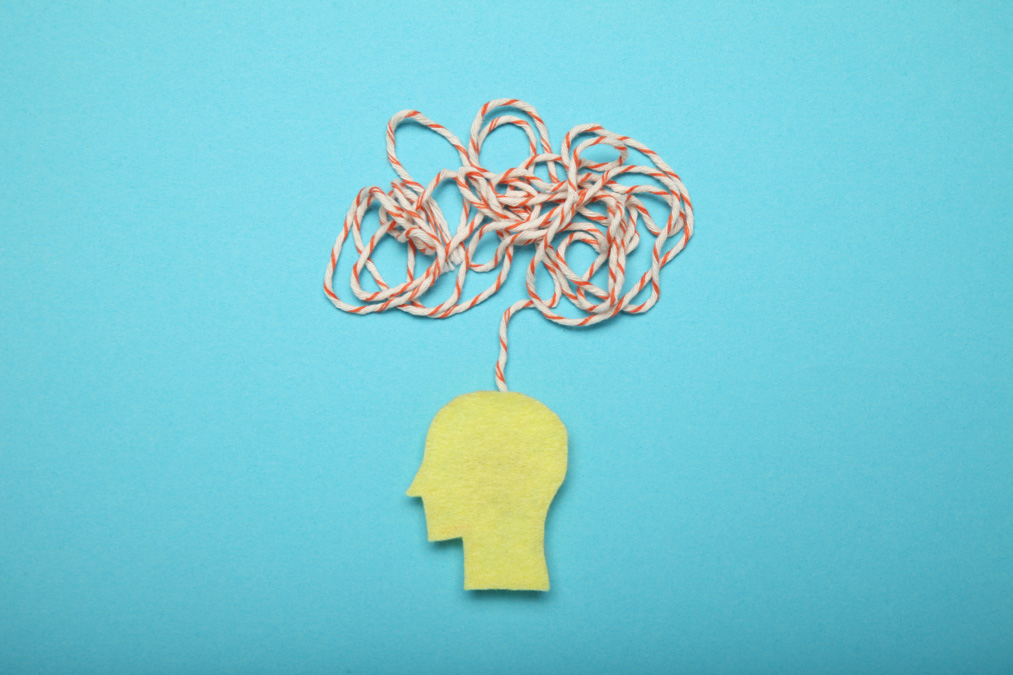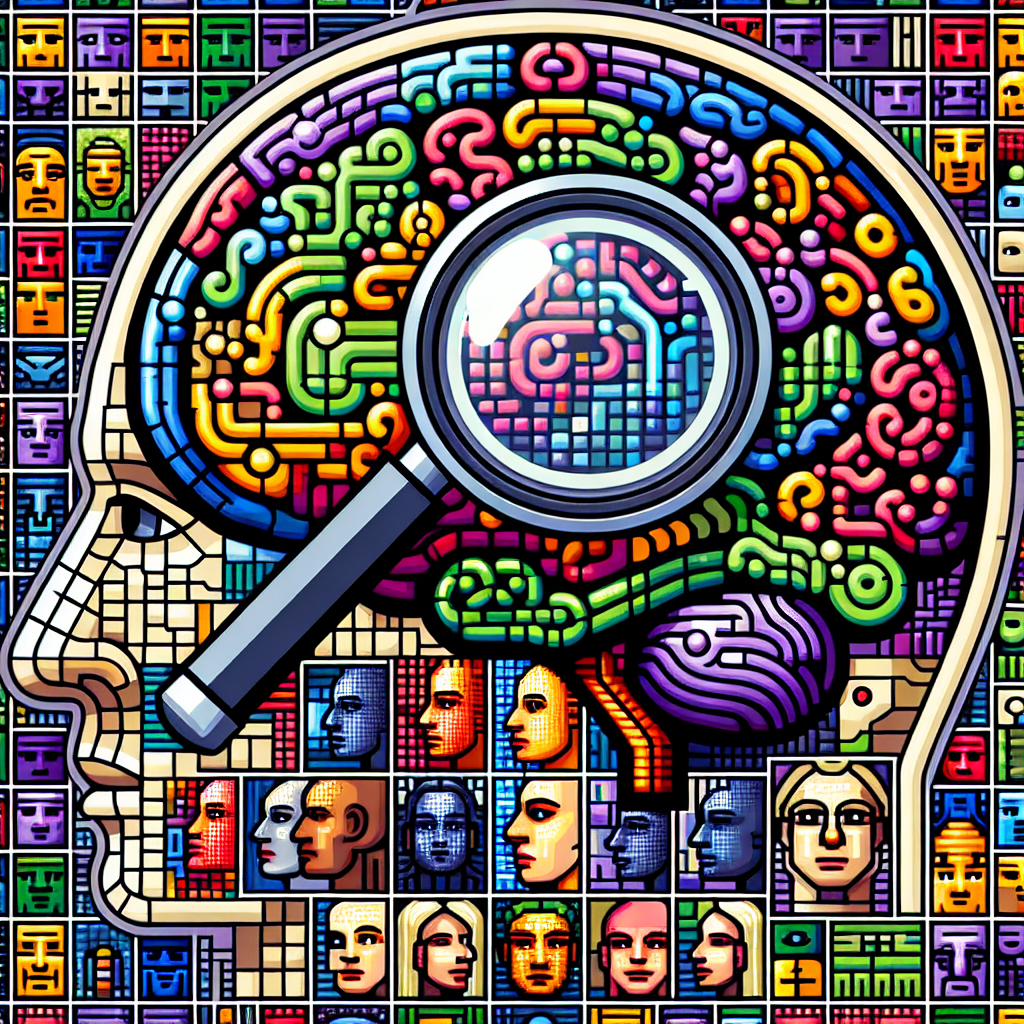Introduction
Critical thinking is the ability to analyze information objectively and make a reasoned judgment. It involves evaluating data, questioning assumptions, and looking at arguments from different perspectives. In today’s world, where information is abundant yet often conflicting, critical thinking is more essential than ever.
Key Components of Critical Thinking
There are several core components of critical thinking, including analysis, interpretation, and evaluation. To think critically, one must first be able to analyze a situation by breaking it down into smaller parts. Then, an individual must interpret the significance of each part and finally evaluate the overall coherence and validity of the information presented.
Use Case: Decision Making in the Workplace
Consider a scenario in a business environment where a manager is faced with the decision to either invest in a new technology or upgrade existing systems. A critical thinker would not simply rely on the opinions of others or marketing claims. Instead, they would evaluate data from multiple sources, analyze cost-benefit scenarios, and consider long-term impacts on the company. By questioning assumptions and considering alternatives, the manager can make a well-informed decision that benefits the organization in the long run.
Barriers to Critical Thinking
Despite its importance, critical thinking can be hindered by various factors. Common barriers include personal biases, emotional reasoning, and groupthink. For example, people may prioritize opinions that align with their own preconceptions rather than analyzing evidence objectively. Overcoming these obstacles requires self-awareness and the willingness to challenge assumptions.
Intellectual Quote
As Albert Einstein once said, “The important thing is not to stop questioning. Curiosity has its own reason for existing.” This quote underscores the essence of critical thinking: the continuous pursuit of knowledge and the readiness to question established ideas.
Conclusion
Critical thinking is not only a valuable tool for personal development, but it is also a vital skill in professional settings. By applying techniques of analysis, interpretation, and evaluation, individuals can make better decisions, solve complex problems, and navigate the modern world more effectively. In essence, critical thinking empowers us to act thoughtfully and responsibly in every aspect of life.

